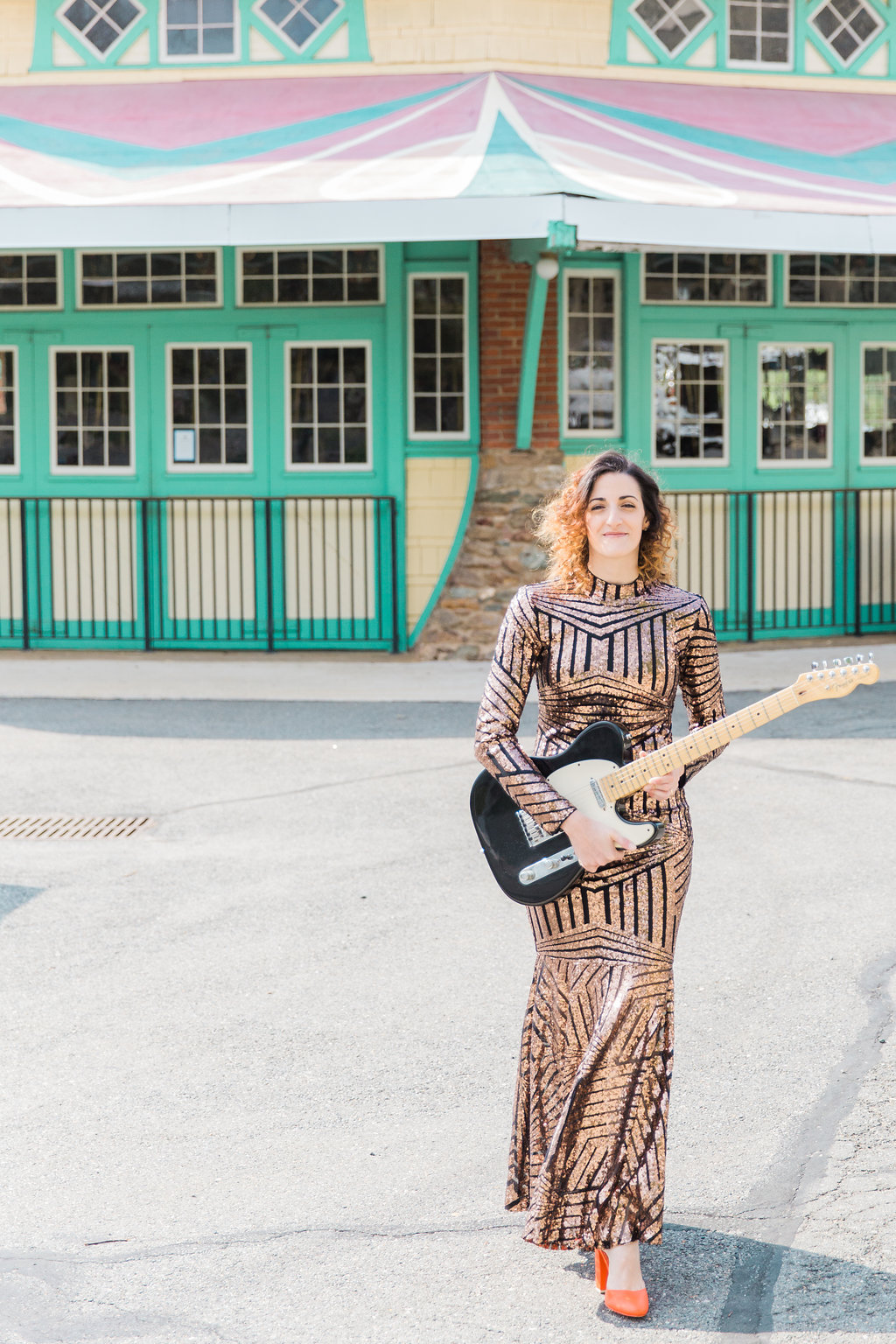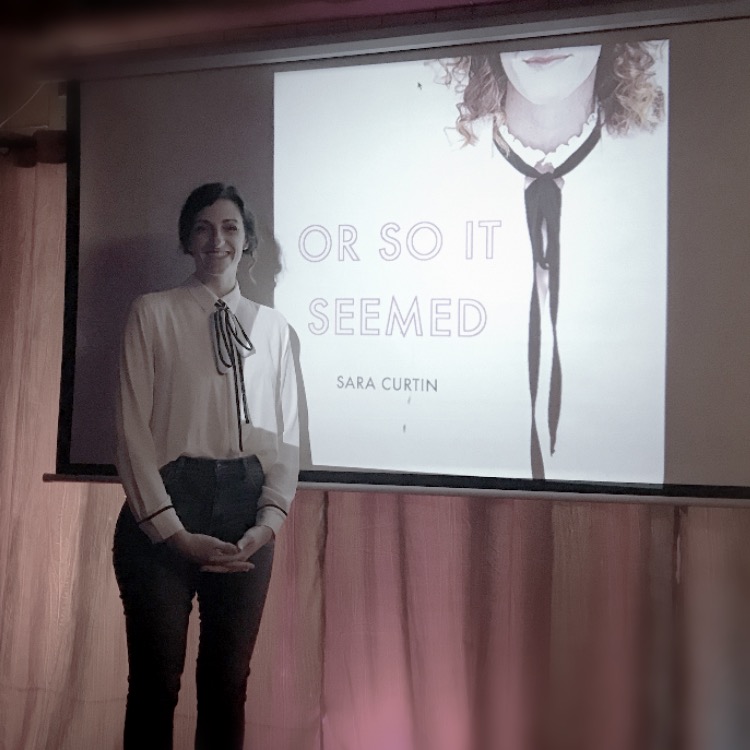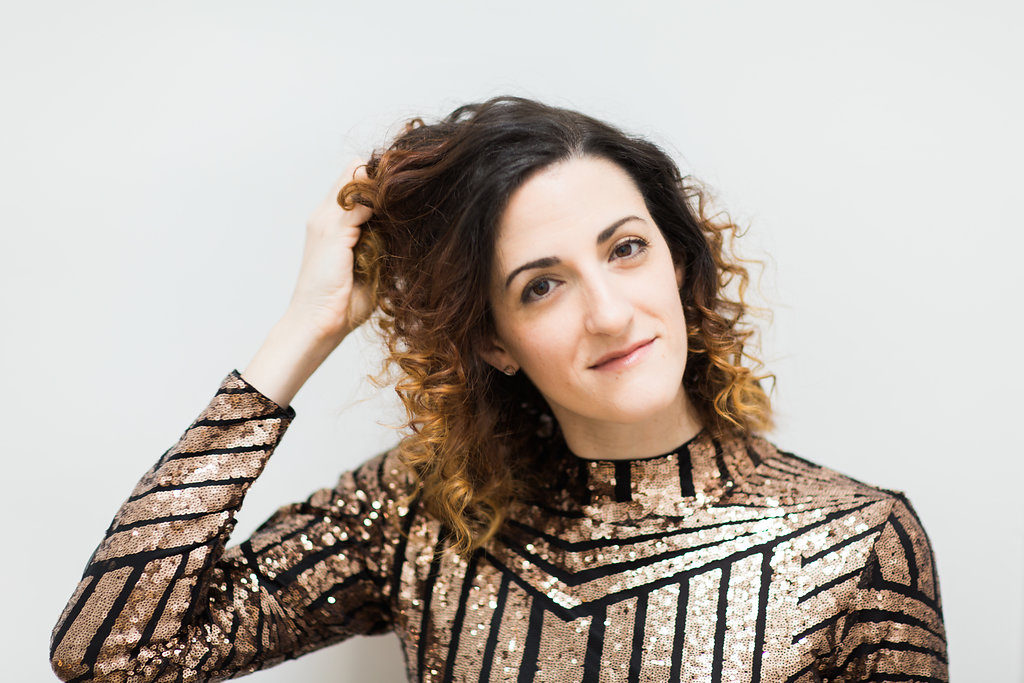
Sara’s been singing so long he doesn’t remember when she started. Her mother, a singer, director and multi-instrumentalist got her started young, which landed her in big name choirs like the Children’s Chorus of Washington — and singing at the Kennedy Center, St. Pete Bisilica, and Carnegie Hall by age 12. But Sara’s story started to make sense to me when I heard a story about when she moved to New York and began learning ProTools from her brother, Jeff Curtin, who is also a musician (Rostam and SMALL BLACK). This is when she first started producing her own demos, recalling it, “opened a whole new door for me because I realized that I truly loved producing music, fitting the pieces together, watching a song bloom from a single acoustic guitar track to a multi-layered dreamscape”. Today, Sara lives and works in DC.
https://soundcloud.com/sara-curtin/sets/or-so-it-seemed-master
Or So It Seemed was recorded in Sara’s DC basement studio with bass and drums recorded at Bastille Recordings in Shirlington, VA. I needed to know more about the creative process behind Or So It Seemed after I took a listen. Thankfully, Sara was kind enough to share what that looks like:
She starts with one of the guitars. Fender Telecaster and her new baby is a mahogany Taylor acoustic (they’re in love). She says a little focus is all she needs, “It’s pretty typical for me to write a song in one sitting – probably because I’m impatient and don’t like to leave a project unfinished.” But sometimes she gets stuck, admittedly, and said this process didn’t apply to every song, “it was common for me to put that song away for months until I was ready to have the members of my wonderful band lay down their parts. We recorded bass & drums at The Bastille Recording Studio in Shirlington, VA with Eamonn Aiken”.
Her records don’t pull punches, and the album deals with a variety of topics beyond sexism — from local to national politics, love, and doubt. She mentioned the title track “Or So It Seemed” was particularly difficult to write and share because, “it exposes some of my deepest doubts and fears of failure” Sara says:
“After a performance a couple of years ago, a man came up to me and said almost exactly this, “I’ve been wanting to learn the guitar, but thought maybe it would be too difficult to play. After watching you play, I think I can definitely do it. I mean, you were playing difficult bar chords and you’re a woman!” This is just one unfortunate – and egregious – example of comments I’ve been on the receiving end of. Explicit and implicit bias comes from both men and women.”


